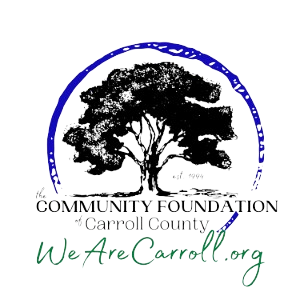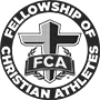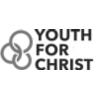Presbyterianism
Name: The word “Presbyterian” comes from the Greek word for “elder” (presbuteros).
History: During the Reformation, churches influenced by the French theologian John Calvin and/or the work of Scottish priest John Knox came to agree on particular doctrinal issues related to salvation and the sovereignty of God, while also developing different ecclesiastical districts (presbyteries). Two streams flowed from Geneva, the city where Calvin ministered. The Presbyterian stream is known for the Westminster Confession of Faith (1640s), which summarizes the distinctive beliefs of this branch of Protestantism. The Continental stream (Dutch and German) is known for the Belgic Confession, the Heidelberg Catechism, and the Canons of Dort. Here is a brief essay on Presbyterian theology.
What Church Is Like: Presbyterian services tend to be more formal, following a liturgical pattern and placing emphasis on the preaching of God’s Word. Some churches celebrate the Lord’s Supper every week, while most do not. Presbyterian sanctuaries tend to be more austere than those of Anglicans, Catholics, and Orthodox.
Polity: Local congregations are governed by teams of elders (teaching and ruling elders), who take part in a larger assembly of elders (presbyteries), which take part in an even larger assembly (synod or a general assembly).
Distinctives:
- Presbyterians believe in the spiritual presence of Christ at the Lord’s Table, as the Spirit lifts us up to Christ when partaking of the elements.
- Presbyterians hold to a Calvinist view of salvation: humans left in their natural state are totally unable to come to faith apart from the grace of God, exercised through God’s unconditional election to salvation of only those for whom Christ died and to whom God calls and then preserves in faith, evidenced in a transformed life.
- Like all the other denominations we’ve looked at so far, Presbyterians practice baptism through sprinkling, and they see the baptism of infants as the New Testament sign of the covenant, similar to circumcision in the Old Testament.
- Presbyterian elders can be married, and some Presbyterian denominations ordain women as pastors.
Famous Figures: B. B. Warfield, J. Gresham Machen, J. Vernon McGee, James Montgomery Boice, R. C. Sproul, Eugene Peterson, Tim Keller.
Related Groups:
- The Presbyterian Church (USA) is a mainline Protestant denomination based in the United States, known in many cases for its theologically and politically liberal positions.
- The Presbyterian Church in America launched in 1973 as a more conservative counterpart to the PC(USA).
- The Evangelical Presbyterian Church launched in 1981 as a more conservative counterpart to the PC(USA), though allowing freedom across congregations to ordain women or come to different conclusions on the charismatic movement.
- The Reformed Church in America is a mainline Reformed Protestant denomination in Canada and the United States.












